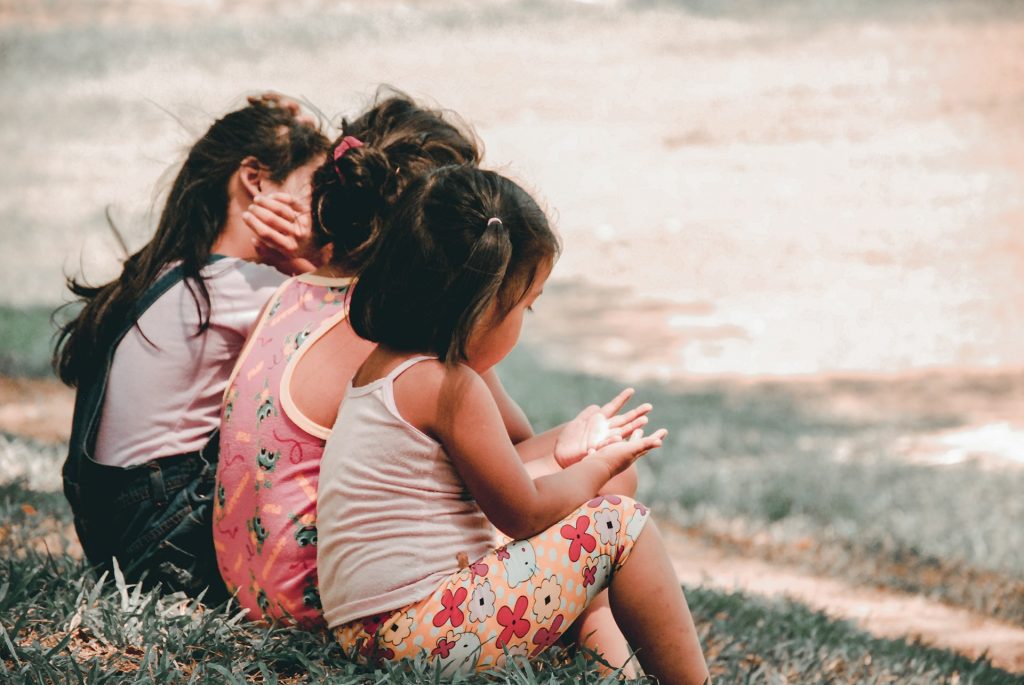There is no easy way to tell your child that a loved one has been diagnosed with cancer.
As a parent, it can be heartbreaking to be the bearer of bad news that a parent, grandparent, aunt, uncle, or other family member has a terminal disease. It can be especially difficult to explain cancer to a very young child that has never experienced death before.
During this difficult time for the entire family, it is important to take the steps to ensure your child is getting the emotional support they need to grieve the loss of a family member.
Your child may feel confused, angry, or scared about their loved one’s sickness. Talking to your child about the different stages of a cancer diagnosis can be helpful so they know what to expect. Explaining the diagnosis, treatment, and prognosis for a loved one can help them emotionally prepare for what will come next.
Some tips to keep in mind while having this difficult conversation include:
- Explain the diagnosis. Use terms they will understand and explain what cancer does to the body so they understand the situation.
- Tell them that it is not their fault. Younger children may think that they did something wrong to cause a loved one to get sick. Ensure them that they did not cause the disease.
- Talk about the treatment process. Reiterate that treatment can increase the chance of survival, but their loved one may experience some treatment side effects that make them sick.
- Be honest about the prognosis. Gently and calmly explain to your child that their loved one may pass soon and prepare them for the funeral process.
- Answer their questions. This information can be a lot to take in – answer any questions your child may have about this difficult time.
This experience can be incredibly hard for everyone. The entire family may need emotional support in the wake of a death of a loved one. Thankfully, there are many support options available for your children.
Support groups can give children the opportunity to meet other families going through the same situation as them so they know they are not alone. Online forums can be accessed 24/7 in the comfort of your own home if your child is apprehensive about in-person support groups. Therapy can also give your child a safe space to grieve and learn coping techniques with a professional.
A cancer diagnosis is devastating. It can be incredibly difficult to navigate, especially with children. Remember to stay strong and honest for your children, and access support resources when you need them. You are not alone, and you will get through this.


